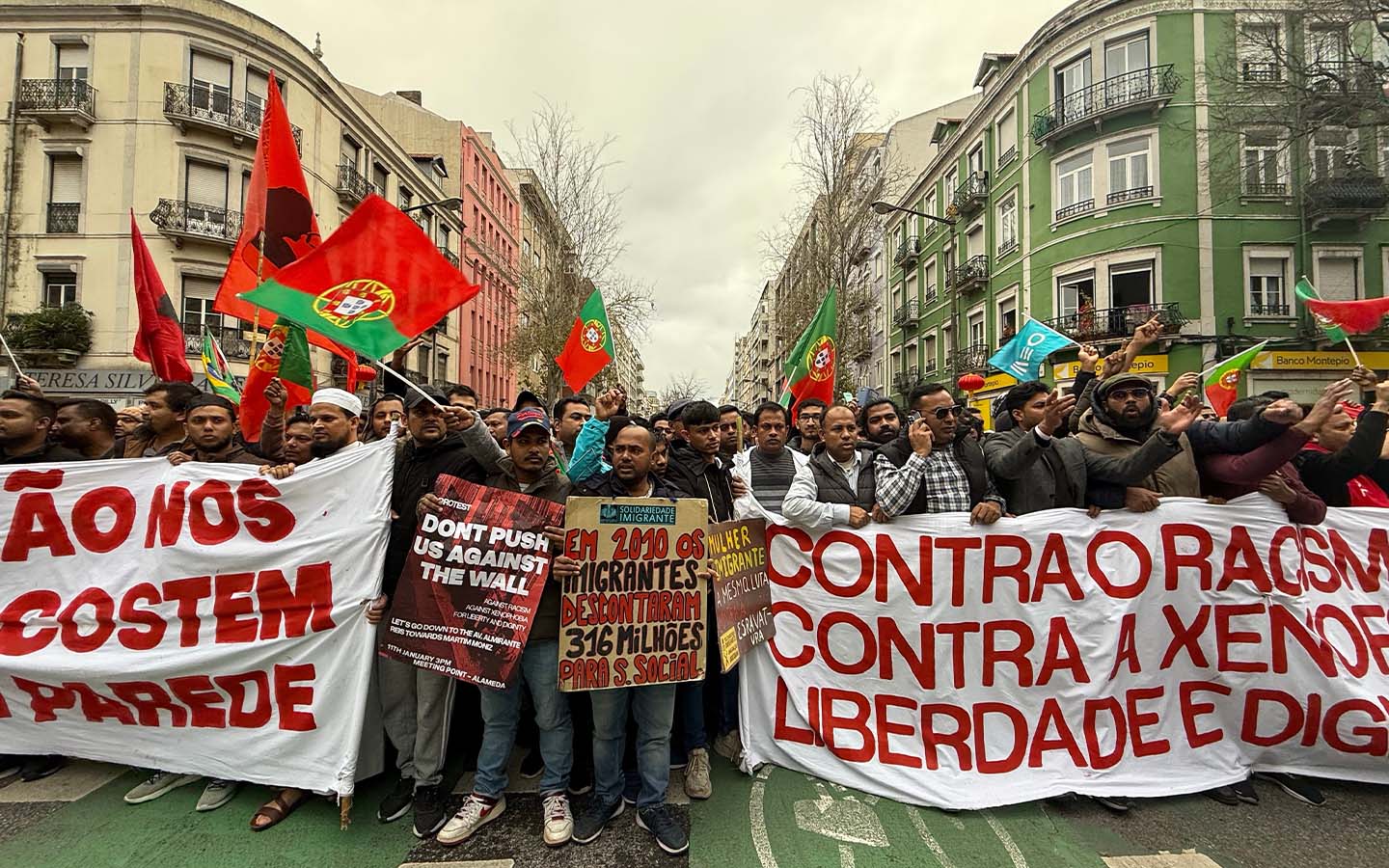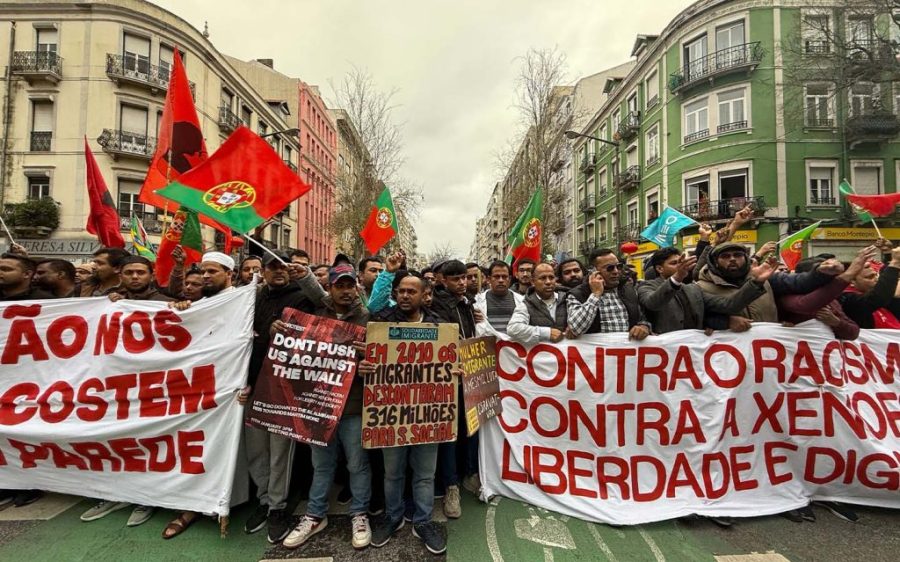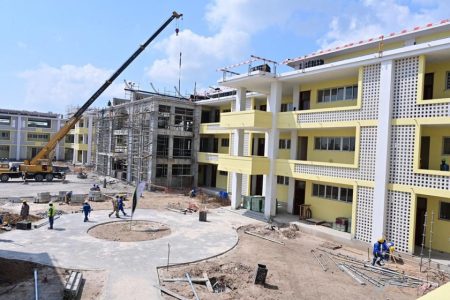Just weeks ahead of the third snap election in three years, the caretaker government in Portugal has announced plans to expel some 18,000 foreigners living in the country without authorisation.
The Associated Press reports that the centre-right government will issue approximately 18,000 notifications telling people rejected for resident permits to leave or appeal their case.
The first wave, sent out on Monday, asks over 4,500 foreigners who do not meet the requirement to live in Portugal to leave voluntarily within 20 days. Those who do not comply, reports Jornal de Notícias, will be forcibly deported to their country of origin.
The push to resolve the more than 400,000 pending processes for the regularisation of foreigners began last July, under the minority government of Prime Minister Luís Montenegro. He has rejected the idea that this work is being accelerated by the upcoming 18 May snap election and refuted Socialist Party criticism of the “Trumpization” of his campaign – a reference to the US president’s vicious crackdown on foreigners.
“This is not about forcibly removing someone. It is about notifying the person, and the person can appeal. If they cannot meet the requirements, they must leave,” Montenegro told the Portuguese news agency Lusa. “We do not want to treat people poorly. People who do not have conditions, who do not meet the requirements to stay here, must calmly return to their countries of origin.”
Like many countries in Europe, Portugal is experiencing a growing hostility toward immigrants. The relative ease of getting citizenship and access to the European Union have made the country particularly popular, with around 1.5 million foreigners now living in Portugal, nearly triple the number from a decade ago.
[See more: Immigrant student population surges over 160 percent in Portugal]
Where immigrants traditionally came from former Portuguese colonies like Brazil, Cabo Verde and Angola, newer arrivals predominantly hail from India, Italy, Gambia, Afghanistan and Colombia, with the number of first asylum applicants jumping 31 percent.
Another new arrival is the more well-heeled “digital nomad,” a type of globetrotting remote worker. While most only stay for three to nine months, they often have a gentrifying effect – driving up the cost of living and housing, pushing out existing residents and remaking the local economy.
While traditional migrants look to put down roots and contribute – migrants account for 14 percent of taxpayers in Portugal, paying more than 1.6 billion euros (US$1.82 billion) in 2022, far more than they receive in benefits – digital nomads are essentially long-term tourists, snapping up short-term rentals and outspending locals, all while enjoying a tax break. Portugal has since scrapped the flat tax for digital nomads and rolled back other pro-digital nomad policies due to public pressure.
The far-right Chega party rode popular anger over immigration and the cost-of-living crisis to become the third-largest party in the last election. Now Montenegro appears to be banking on the same sentiment to save his own political fortunes.
After less than a year in power, the prime minister faced a no-confidence vote in March over alleged conflicts of interest. Nearly all opposition lawmakers united against him, led by the centre-left Socialists and far-right Chega, the 142–88 result toppling his right-of-centre minority government. Although the Socialists pulled ahead in opinion polls around the time of the vote, none of the major parties appear keen on a snap election that will invariably lead to months of political uncertainty.






